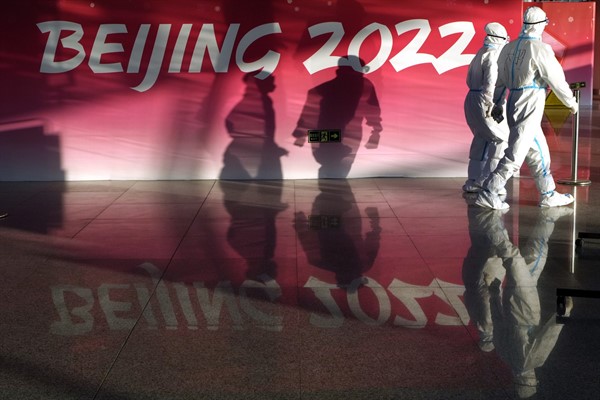On Aug. 7, 2008, I boarded a flight from Shanghai, leaving China for the last time as bureau chief for The New York Times there, on the very eve of the opening ceremonies of the Summer Olympics in Beijing.
Rather than cover it in person, I watched the grandiose show, or at least some of it, from the remoteness of Virginia. Given the scale of China’s investment in hosting the Games for the first time, I thought the Olympics were an especially good bookend for my six years living in the country, but I didn’t need to be there myself. That’s because for months prior to my departure, I had witnessed at close hand the run-up to another effort of comparable scale: the lavish preparations in Shanghai, where I lived during those years, for the hosting of a World Expo in 2010.
These two events shared quite a bit in common, beginning with the exuberant optimism I felt among many Chinese about their country’s ongoing rapid rise. Underpinning this was the showy engineering and organizational brio everywhere on display, from stunning new buildings to infrastructure that smoothly ferried people about on unheard of scales. Whether among the people or the party and state that ruled them, the mood of the country seemed to be one of eager exhibitionism. And given the distance that China had traveled over the turbulent preceding decades, this struck me as normal and, even amid my reservations, relatively benign. Sure, it was the Chinese state behind all of the flamboyant stagecraft and monumental investment, but who was I to judge the people of the country for seeming thrilled about giving the world a glimpse of all that their country had achieved.

